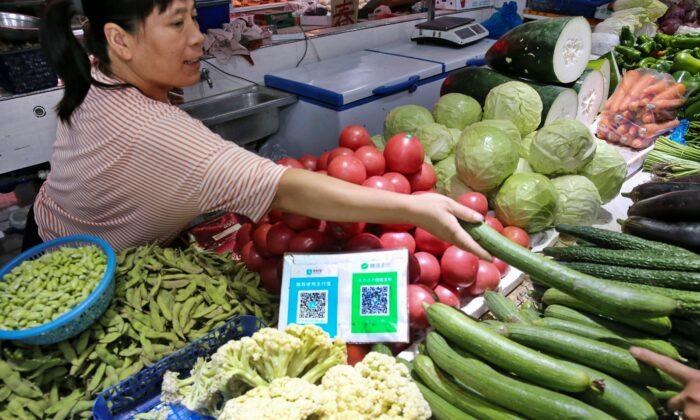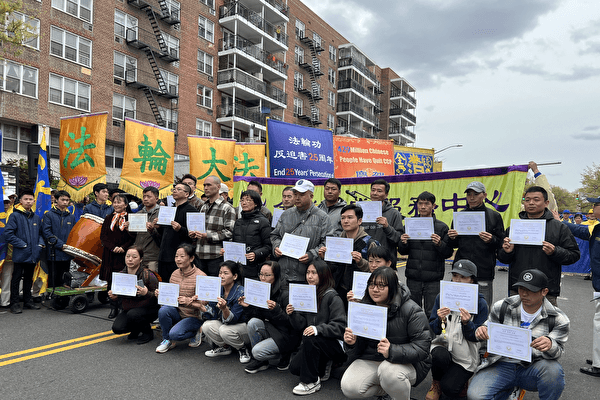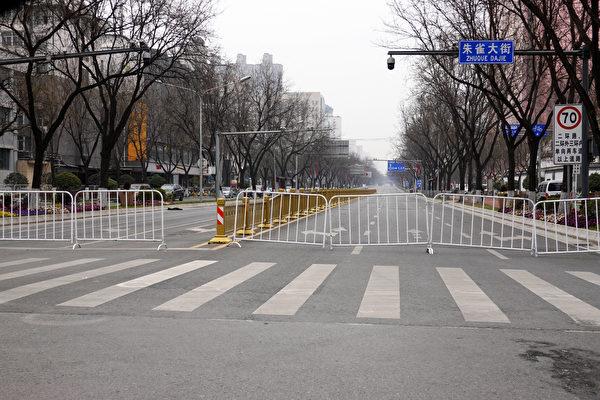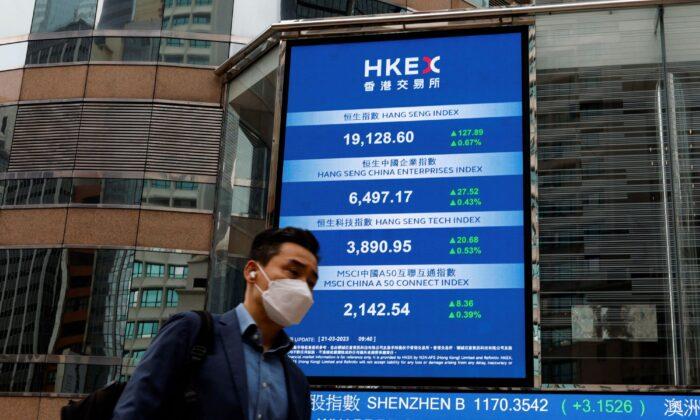China is building numerous supply and marketing co-ops and community services, such as, canteens, throughout the nation. Experts believe that Beijing is preparing to decouple from the world economy by firming up control of its food and supplies, and some see the campaign as a sign of preparing for a war economy.
After the 20th Party congress in October, the director of the Co-ops Council, Liang Huiling, was promoted to the 20th central committee of the Chinese Communist Party (CCP). This was followed by the Chinese media widely reporting on the establishment of various types of Co-ops nationwide.
State-run canteens have also become a task of the local officials in recent years. Canteens provide affordable hot meals to the local residents.
Community-Based Supply Chains
China recently issued a two-year pilot plan, that started in October, for building comprehensive community service facilities that provide stores, canteens, pharmacies, housekeeping service networks, and other services, and aims for an average of three to five pilot projects in each city and district.The Chinese media reports emphasized that the facilities will incorporate online platforms and apps for service speed and scope.
Local government efforts to accomplish the task can be seen in multiple Chinese media and official reports.
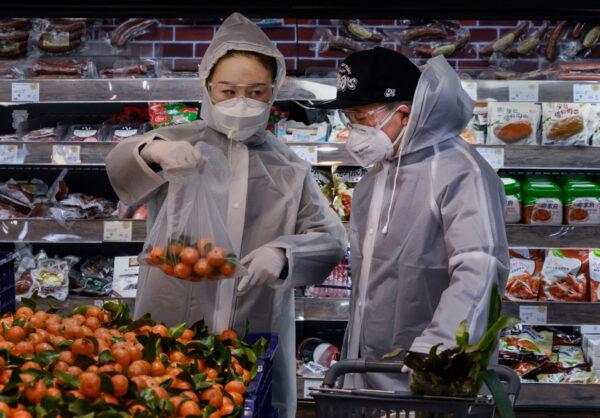
Experts: A Controlled Economy
Zhao Yuanming, an expert in law and China affairs, believes the CCP will manipulate the Chinese economy through the state Co-ops and canteens.In an interview on Nov. 6, he told the Chinese language edition of The Epoch Times that the regime is prepared for China’s escalating isolation and decoupling from the world.
“To have full control of the distribution channels, markets, production, raw materials, procurement, etc., the regime will be able to handle state emergencies, for example, in a confrontation with the United States,” he said.
Commentator Heng He also believes that Beijing is getting ready to decouple from the Western economy.
He emphasized that it looks like the CCP is preparing for a war.
“Once the CCP invades Taiwan, the international sanctions will surely follow, … that’s why it’s strengthening the Co-ops now,” he said.
According to the Chinese finance media’s reports, in the first half of 2022, the total national sales of the supply and marketing co-operatives reached 2.9 trillion yuan (about $400 billion), nearly equivalent to the combined revenue of the state-owned enterprises China Petrochemical Corporation and China National Petroleum Corporation.
